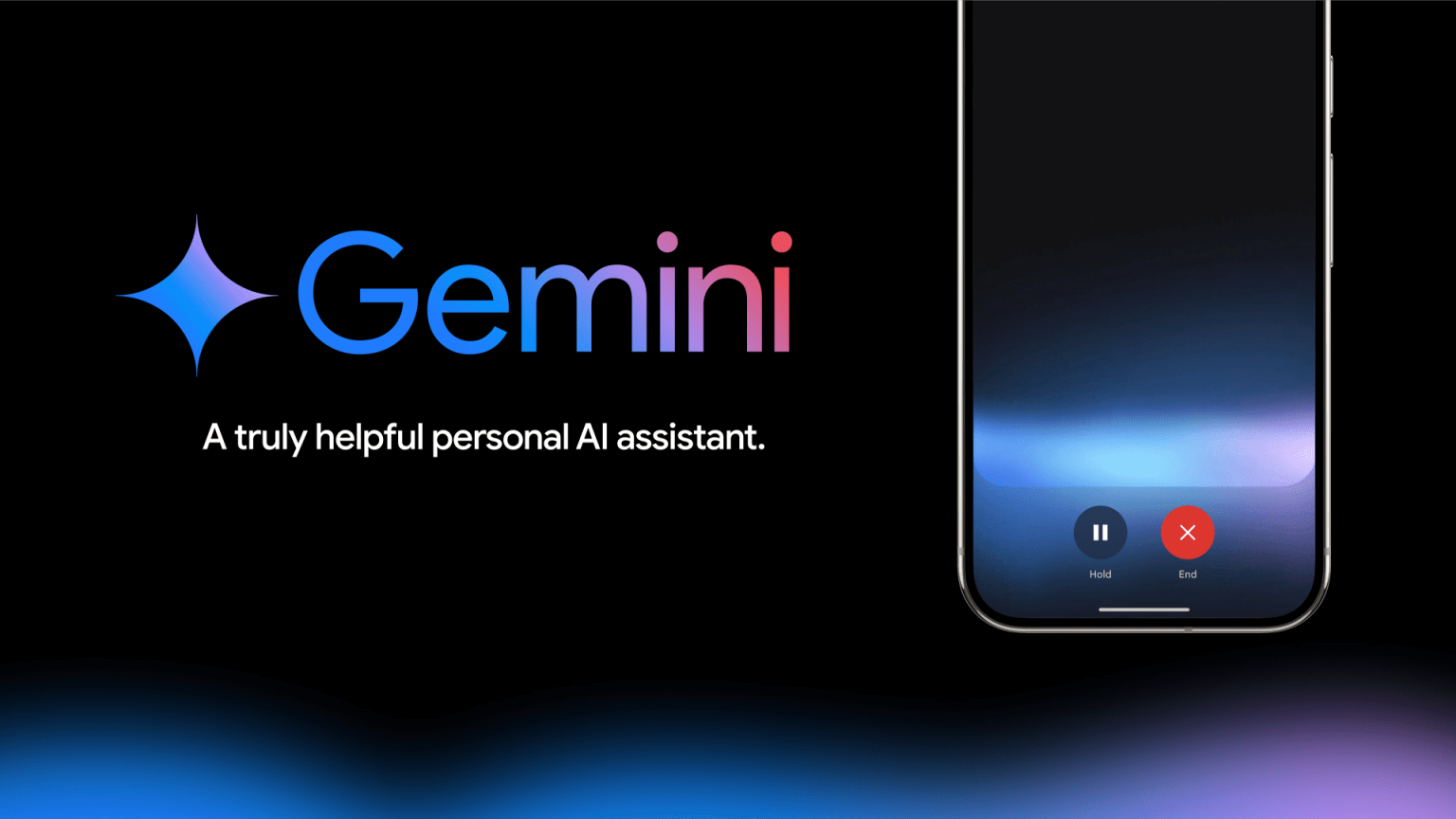Google recently announced new artificial intelligence features coming to Android devices, showcasing its Gemini AI assistant. This move highlights Google’s focus on making AI accessible to consumers before Apple, which is set to launch its AI on iPhones, Macs, and iPads later this year. While Google does not make substantial profits from its hardware business, the latest Android features could drive revenue through the company’s Gemini AI subscription program.
The new Gemini assistant offers a more natural interaction experience, enabling users to speak to it as they would to another person. It can understand intent, follow a user’s train of thought, and complete complex tasks. The assistant has a range of voices and can engage in human-like conversations through its Gemini “Live” feature. Additionally, users can ask Gemini questions about what is on their phone screen in various apps such as Maps, Flights, and Gmail, with Google working to add support for third-party extensions.
Gemini’s capabilities are powered by a large AI language model installed on devices, marking a significant enhancement in Android’s AI features. Examples of tasks that the assistant can perform include checking a user’s schedule in Google Calendar, creating reminders, drafting emails, and generating images. Gemini can leverage information from Google apps to streamline tasks, such as creating a daily workout routine based on a personal trainer’s email or using a resume in Google Drive to write a work bio.
In addition to the Gemini AI features, Google also unveiled its latest Pixel 9 series of phones, which includes the Pixel 9, Pixel 9 Pro, Pixel 9 Pro XL, and Pixel 9 Pro Fold. These devices come equipped with enhanced camera capabilities, brighter screens, Google’s Tensor G4 processor, and increased RAM to support AI operations. The Pixel 9 series is priced starting from $799, with higher-end models offering a free year of the “Gemini Advanced” subscription. Google also introduced the Pixel Watch 3, featuring larger screen sizes, AI-powered workout recommendations, and deeper integration with the Google ecosystem.
Apple, on the other hand, announced its AI push, Apple Intelligence, in June, which is currently in testing and expected to launch alongside new iPhones this fall. The Apple Intelligence system aims to enable features such as recognizing important notifications, cross-application tasking, and leveraging OpenAI’s ChatGPT for tasks like writing tools and creating images. While Google and Apple are both investing heavily in AI technology, Google’s focus on integrating AI into Android devices through the Gemini assistant demonstrates its commitment to providing enhanced experiences for users.
Overall, Google’s latest announcements showcase the company’s efforts to bring advanced AI capabilities to Android devices, offering users a more intuitive and personalized experience. By leveraging the Gemini AI assistant and introducing new features in the Pixel 9 series and Pixel Watch 3, Google aims to maintain its position as a leader in AI technology while enhancing the functionality and performance of its hardware products. The competition between Google and Apple in the AI space underscores the growing importance of AI in the tech industry, with both companies continually pushing the boundaries of innovation to deliver cutting-edge solutions to consumers.


